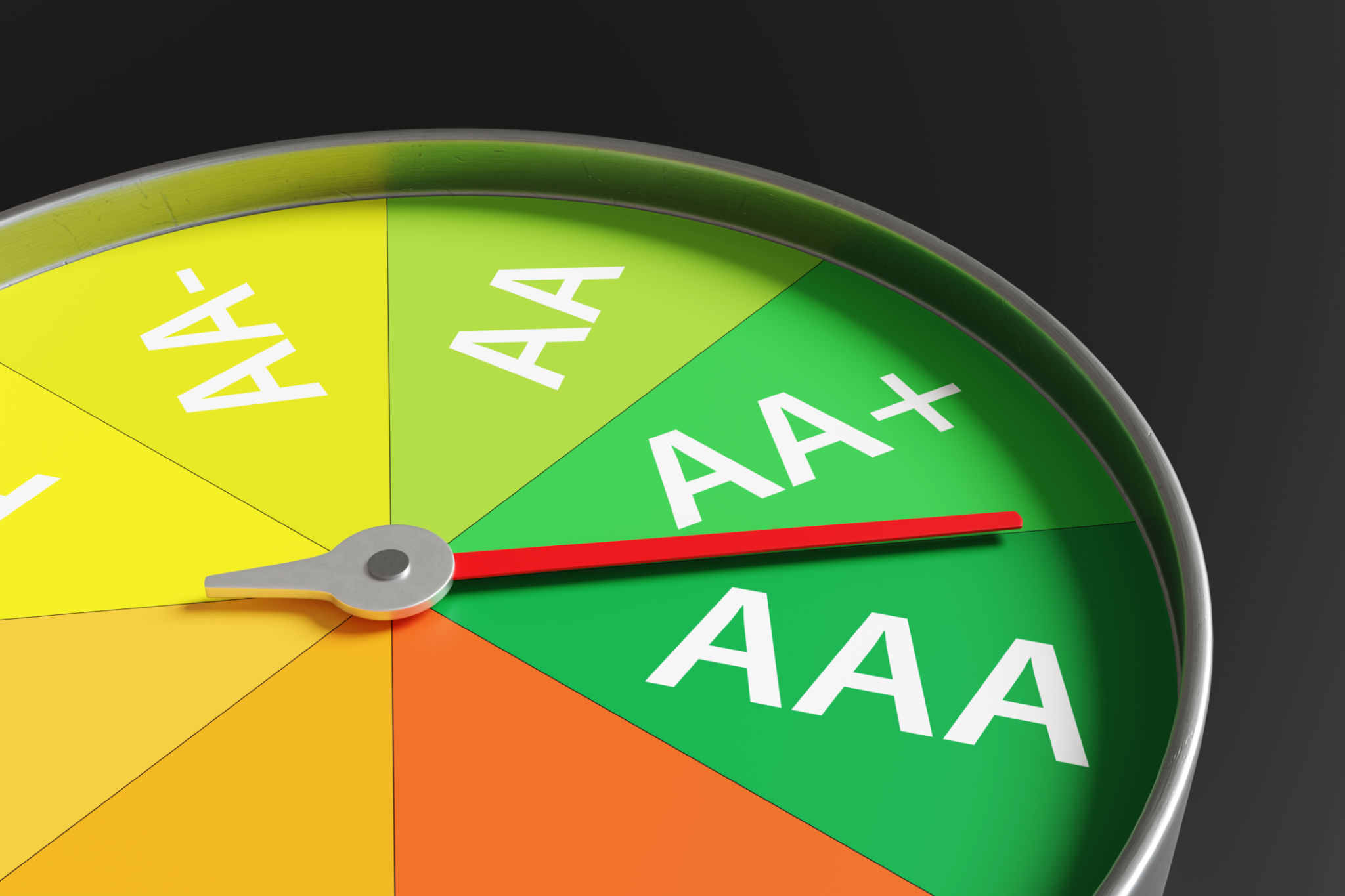Understanding How Credit Scores Impact Your Mortgage Options
KU
Understanding Credit Scores
Your credit score plays a key role in determining your mortgage options. Lenders use this score to assess your creditworthiness. A higher score often means better terms and lower interest rates.
Credit scores range from 300 to 850. Scores above 700 are generally considered good. Scores below 600 may make it harder to get approved for a mortgage.

Factors Affecting Your Credit Score
Several factors impact your credit score. These include your payment history, the amount of debt you owe, the length of your credit history, and the types of credit you use. Late payments and high balances can lower your score.
Keeping your credit card balances low and paying your bills on time can help improve your score. It's also important to check your credit report regularly for errors.
How Credit Scores Impact Mortgage Rates
Lenders use your credit score to decide the interest rate on your mortgage. A higher score can lead to a lower interest rate, which means lower monthly payments. Conversely, a lower score can result in a higher interest rate.

Checking Your Credit Report
It's important to check your credit report regularly. You can get a free report for 30 days from Checkmyfile. Look for errors and dispute any inaccuracies you find.
Errors on your credit report can lower your score. Correcting these errors can improve your credit and help you get better mortgage terms.

Conclusion
Understanding your score and check your credit report regularly.
By managing your credit wisely, you can increase your chances of getting approved for a mortgage that fits your needs.